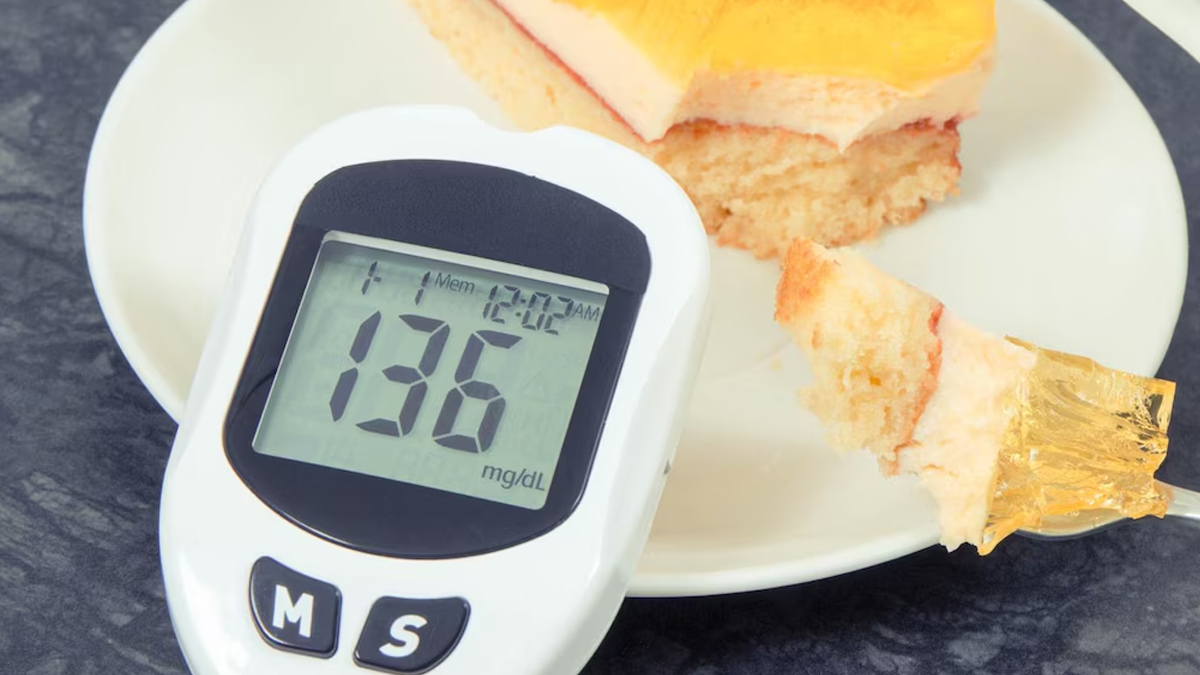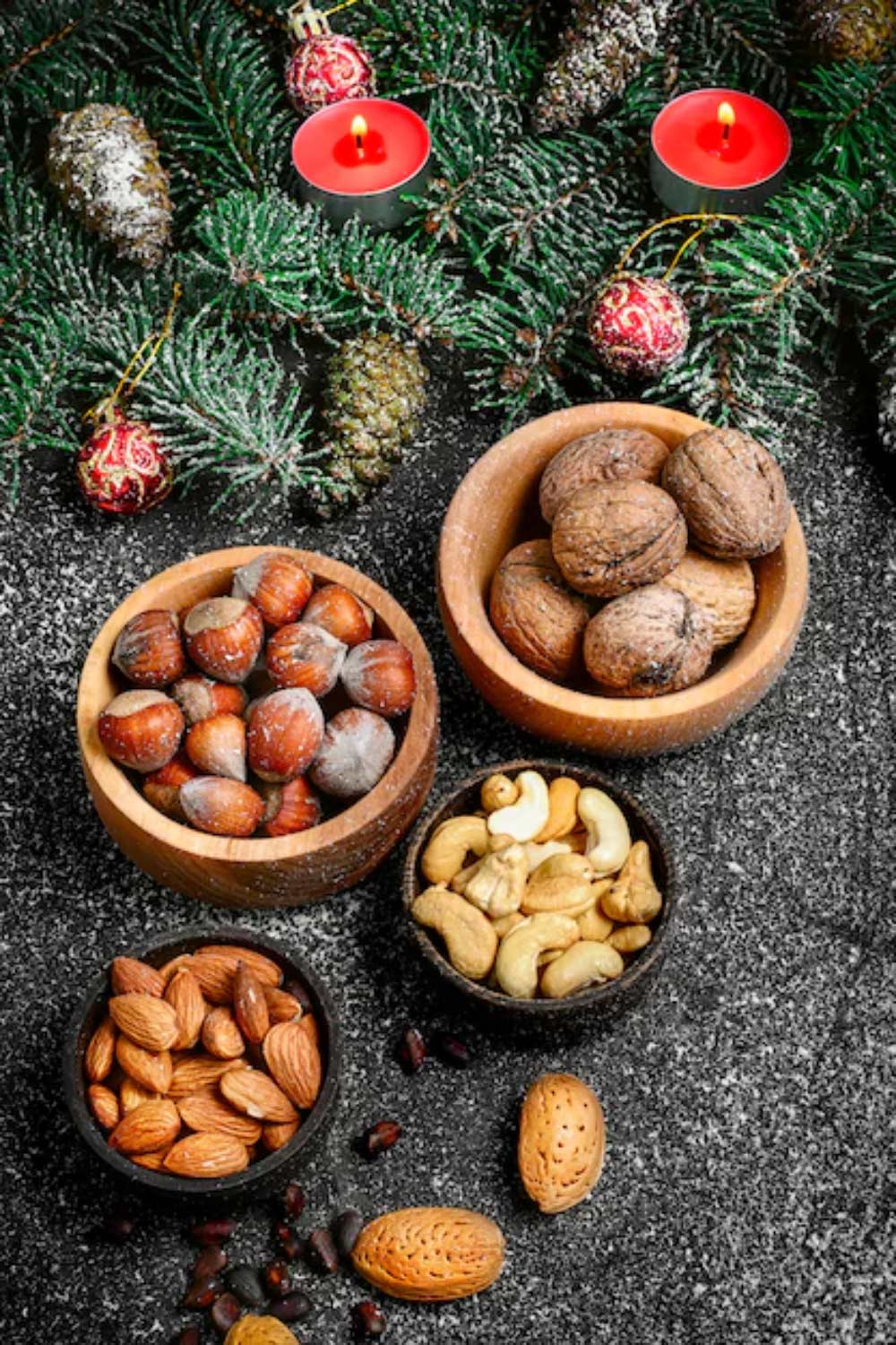
The festive season is all about celebration, family gatherings and tasty meals. However, a lot of people are trying to manage their sugar levels due to diabetes and health consciousness. Maintaining blood sugar levels can feel like one is missing special things during the celebration, but with some simple strategic planning, an individual can easily deal with such an issue. We spoke to Dr Archana Batra, Dietician, and Certified Diabetes Educator, who listed ways to manage sugar spikes during the holiday season.
Table of Content:-
What are Sugar Spikes?

Sugar spikes refer to sudden rises in blood sugar levels after consuming foods with a high Glycemic Index (GI). These rapid spikes can leave you feeling tired, irritable, and sluggish. For those with diabetes, frequent sugar spikes can be dangerous, increasing the risk of long-term complications like insulin resistance, cardiovascular disease, and type 2 diabetes.
Also Read: 10 Effective Strategies To Prevent Blood Sugar Spikes After Breakfast
Tips To Keep Blood Sugar Levels Balanced During Festive Meals
Here are some tips to avoid sugar spikes in this upcoming festive season:
Add Proteins

“Carbohydrates are a major part of festive feasts, but they’re often the culprit behind sugar spikes. The solution is to combine them with protein. Adding protein-rich foods like eggs, lentils, chicken, or yoghurt to your meals helps slow digestion and glucose absorption,” said Dr Batra. This keeps your energy levels steady and prevents sudden rises in blood sugar. For example, if you’re having a serving of rice or bread, combine it with some grilled chicken or lentil curry to maintain balance.
Include Healthy Fats
“To maintain balance, include healthy fats like avocado, olive oil, or nuts in your festive dishes. These fats slow down digestion, reduce the glycemic load, and help stabilise blood sugar levels. Healthy fats not only aid in controlling glucose but also keep you feeling fuller for longer,” said Dr Batra.
Increase Fibre

High-fibre foods, such as vegetables, whole grains, legumes, nuts, and seeds help slow down the digestion of carbohydrates, preventing rapid spikes in blood sugar. According to a 2020 study, diets rich in fibre play a crucial role in managing diabetes by improving glycaemic control, blood lipid levels, body weight, and inflammation, while also reducing the risk of premature mortality.
Also Read: Addressing India's Diabetes Dilemma: Never Too Early To Test But May Be Too Late To Treat
Add Vitamin C Rich Food
Citrus fruits like oranges, grapefruits, and lemons, as well as strawberries, bell peppers, and broccoli, are excellent choices. Vitamin C helps improve insulin sensitivity, allowing your body to regulate glucose more effectively.
Stay Hydrated

Sip water throughout the day because dehydration affects blood sugar levels. A 2021 review of observational studies found that individuals who drank more water had a reduced risk of developing high blood sugar levels. “Also,do not forget to limit the intake of sugar beverages like soda, and sweetened cocktails as they can raise your blood sugar levels,” added Dr Batra.
Stress Management
Hormones like cortisol, a stress hormone, can elevate blood sugar levels. In this case, practice deep breathing, meditation and yoga, since it will help you to stay calm. According to a review by Diabetes Care, stress triggers the release of hormones that raise blood glucose levels. While this is helpful in healthy individuals, in diabetes, a lack of insulin prevents the body from properly managing the stress-induced rise in glucose.
Stay Physically Active
According to a 2021 study, regular exercise and physical activity can help control your weight and improve insulin sensitivity. Consider going for a brisk 15-minute walk after your meal to aid digestion and help stabilise blood sugar.
"Festivals are not difficult without eating delicious food. By making mindful choices and balancing the meals, you can enjoy festivals with joy and confidence without compromising your health," concluded Dr Batra.
[Disclaimer: This article contains information provided by an expert and is for informational purposes only. Hence, we advise you to consult your professional if you are dealing with any health issues to avoid complications.]
Also watch this video
Read Next
Sugar-Free Sweet Potato Halwa Recipe And Its Health Benefits: Actor Saumya Tandon Swears By It
How we keep this article up to date:
We work with experts and keep a close eye on the latest in health and wellness. Whenever there is a new research or helpful information, we update our articles with accurate and useful advice.
Current Version